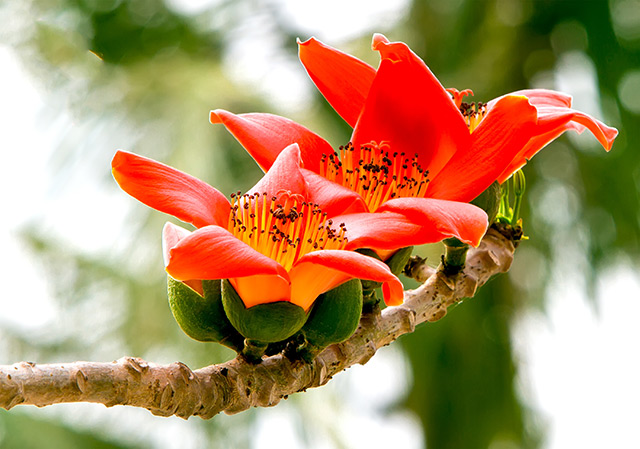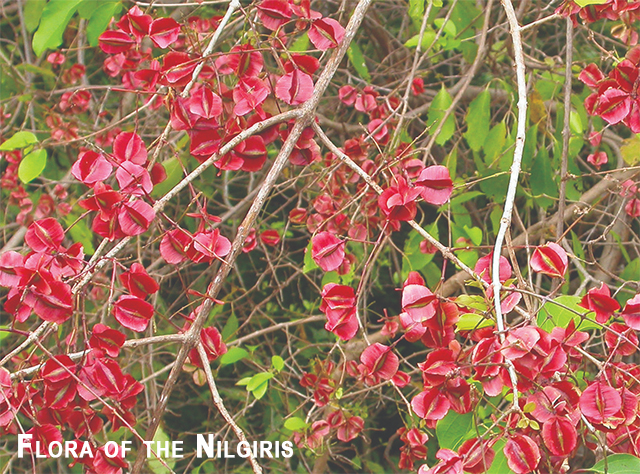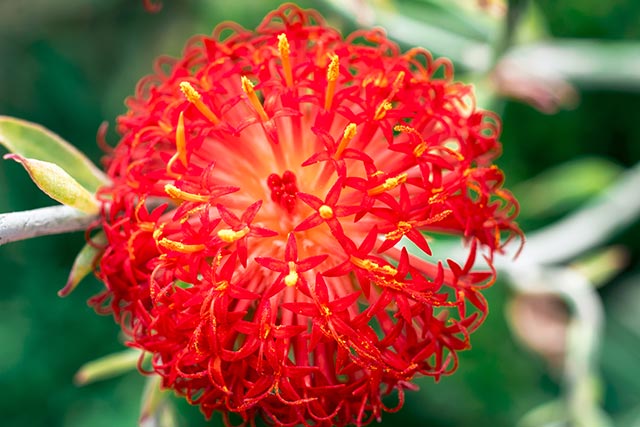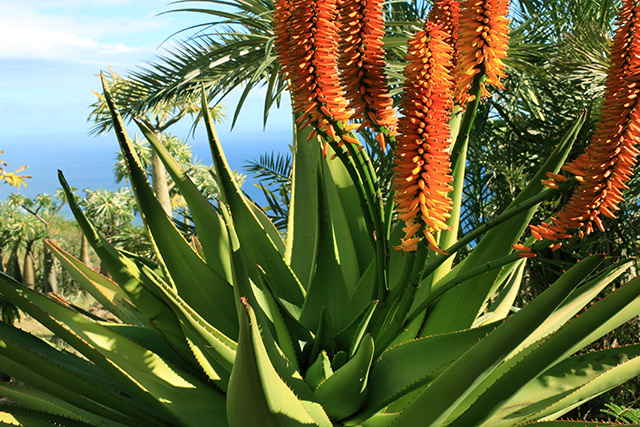Scientists review the potential of foxtail in remedying toothache and heartburn
10/18/2018 / By Ellaine Castillo

Foxtail (Harrisia adscendens) is a member of the cactus family that is commonly used in traditional medicine. However, there are only a few studies that have been done to determine the secondary metabolites present in foxtail extracts. A group of researchers from Brazil conducted a phytochemical analysis of foxtail extracts. The results of this study were published in the Brazilian Journal of Pharmacognosy.
- Members of the cactus family have shown medicinal importance in treating diseases like ulcers and bronchitis.
- Foxtail, a species of cactus native to the savanna, is traditionally used for treating burning sensations, renal problems, and toothaches but the corresponding phytochemicals responsible for alleviating these conditions have not been determined.
- For this study, phytochemicals present in extracts derived from foxtail roots. An analysis was done through chromatography and spectroscopy.
- Aside from phytochemical analysis, the antimicrobial activity of the extracts was also evaluated based on minimum inhibitory concentration (MIC).
Results of the study show that alkaloids and acetophenone are present in foxtail extracts. Beta-carboline is a specific alkaloid found in foxtail that has been shown to work in the central nervous system. The presence of this alkaloid can be attributed for the ability of foxtail to alleviate toothaches and heartburn.
Read the full text of the study at this link.
Learn more about the potential use of foxtail in treating toothache and heartburn by visiting Cures.news today.
Journal Reference:
Santos GLDD, Lemos EL, Fernandes AFC, Rocha WRVD, Catão RMR, Filho RB, Tavares JF, Fechine IM, Alves HDS. PHYTOCHEMICAL STUDY OF HARRISIA ADSCENDENS. Brazilian Journal of Pharmacognosy. 26 May 2018;28(3). DOI: 10.1016/j.bjp.2018.04.011
Tagged Under: acetophenone, alkaloids, beta-carboline, Cactus, foxtail, Harrisia adscendens, heartburn, herbal medicine, phytochemical analysis, phytochemicals, secondary metabolites, toothache, traditional medicine



















